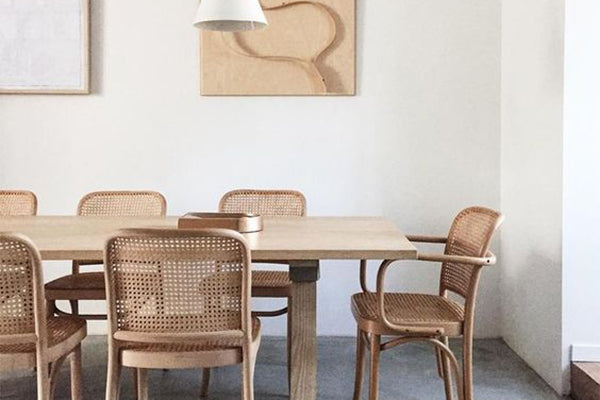As we covered last month, Rattan is having a moment.
But what really is it? And is it different to Wicker? And where does Cane come in?
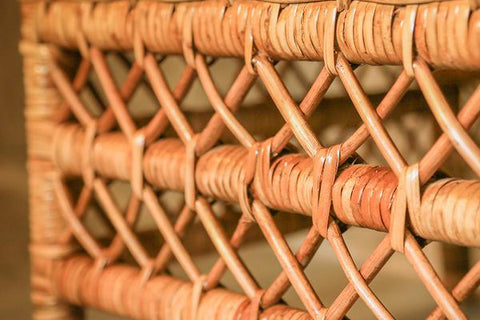
Here’s the big reveal (…one for the pedants and pub quizzers).
Rattan is a plant from the Palm family (which explains its effortless chic). But it’s oh so much more special than your standard palm.
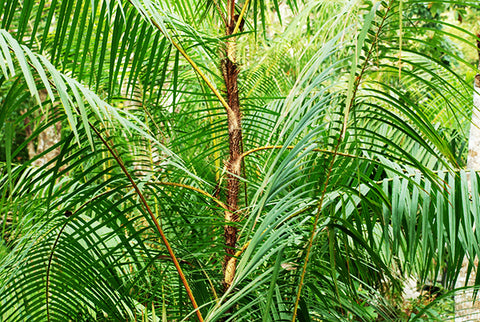
Here’s why:
Each tendril can grow up to 200 metres in length, but maintains the same diameter throughout its length. It’s solid all the way through, unlike bamboo which is hollow, making it one of nature’s strongest materials. It’s also super bendy and won’t splinter or break.
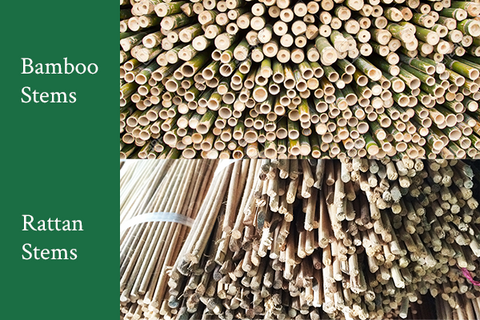
So it’s basically nature’s version of a ball of string, but so strong that you can sit on something woven with it.
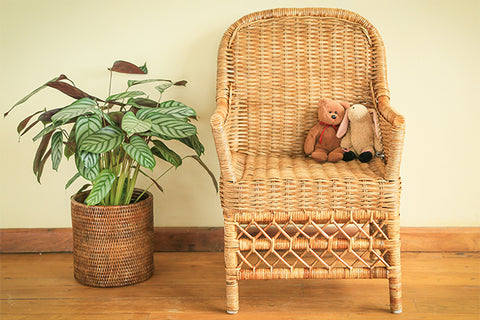
So cool.
Other reasons it’s pretty much the greatest thing out…
It grows very quickly all year round, and is harvested without harming the tree. It also grows back very enthusiastically once harvested. So an A* for sustainability.
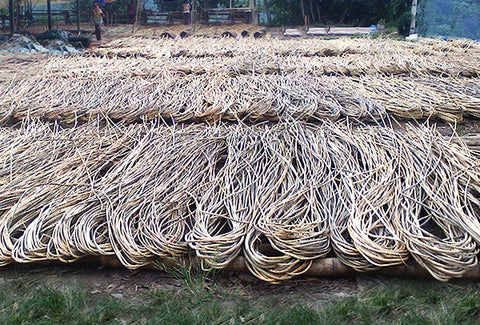
It’s also a dream to work with. It’s much easier to harvest and transport than wood, can withstand extreme humidity and temperature, and has a natural resistance to insects. It also accepts paints and stains like wood, so can come in lots of different colours.
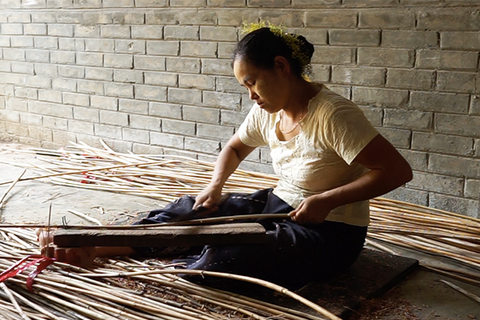
It’s the perfect student, the Olympic athlete, the Superfood of the weaving world.
So that's our Ode to Rattan out the way. What is Wicker?
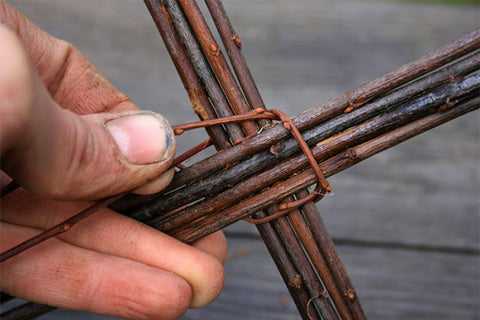
Wicker is a technique rather than a thing. It refers to the practice of weaving with natural materials, and comes from the Swedish word “Vika”, meaning fold. So you can find rattan wicker, reed wicker, willow wicker, bamboo wicker…
And Cane?
Good question. It’s lots of things. It’s used generally to refer to the whole section of grassy or reed-like plants, so you could be looking at rattan, or bamboo, or vines, or sea grass, or even berry tendrils.
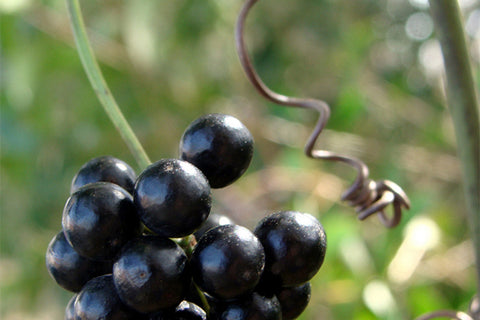
The word "cane" is also used to specifically refer to the stem-section of those plants; the “rattan cane” is the stem of the rattan plant. Niche knowledge for you there.
And finally, the term is also used to refer to strips of these stems interlaced and woven together. You’ll have most likely seen this on a chair in a trendy person's home.
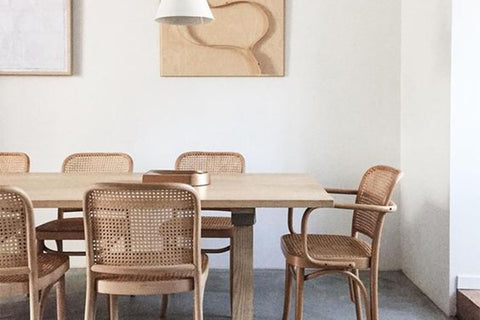
So there you have it. The mystery uncovered.
Thank goodness for that.


